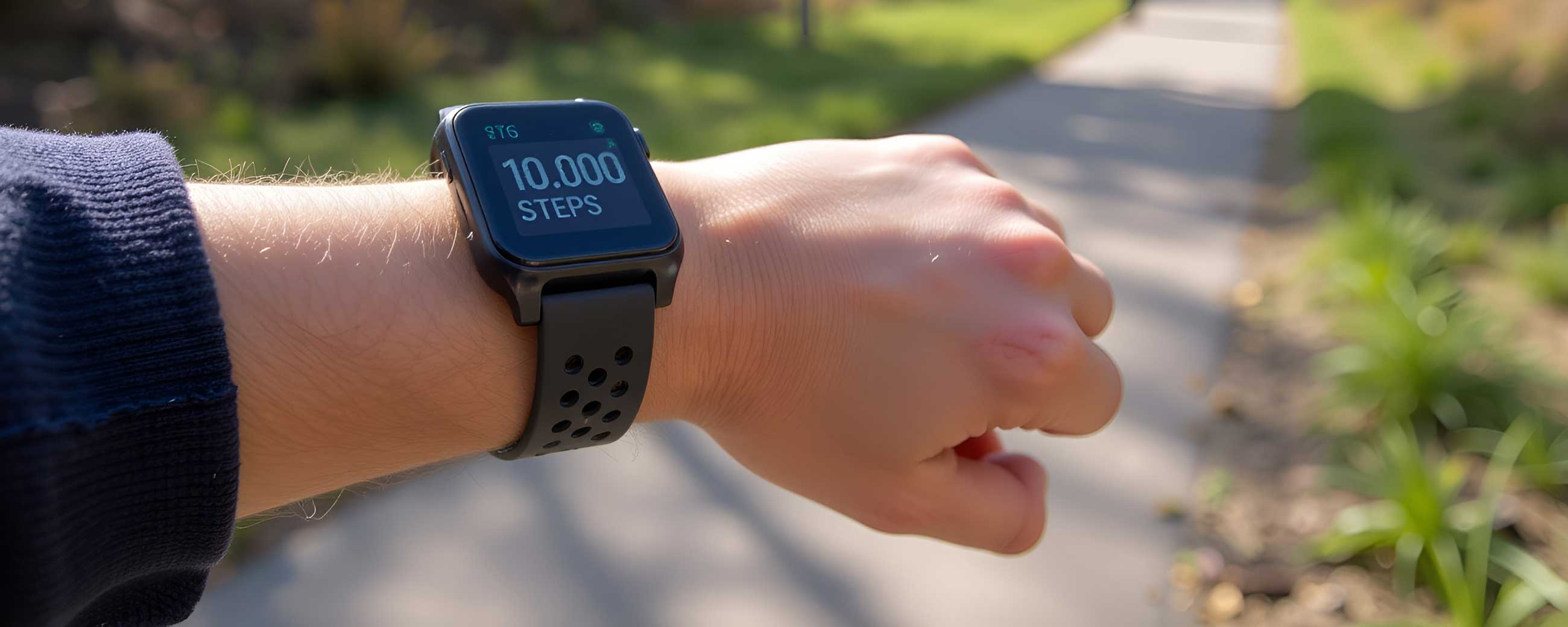
How Hollywood Gets Diabetes Wrong
Representation matters. So why does Hollywood miss the mark on diabetes so badly?
Studies prove that diversity in media such as movies, TV shows, books, and video games can improve empathy and understanding of marginalized groups. Broad trends show that when it comes to racial, sexual and gender diversity, media executives are finally getting this message. But when it comes to diabetes, Hollywood still has a lot to learn. For whatever reason, representations of diabetes in TV and movies are typically inaccurate or insulting, not empathetic or understanding.
Hollywood Movies Featuring Diabetes That Get It Wrong
Kevin James isn’t known for his thoughtful and sensitive comedy, but his 2009 hit Paul Blart Mall Cop may see him at his nadir, diabetes-wise. In the film, the titular Blart is relegated to the ignominious ranks of New Jersey retail security after a low blood sugar episode denies him his dream of becoming a policeman. Later on, he loses consciousness during another hypoglycemic incident and eats a dirty lollipop off the floor, instantly springing back to health like Popeye with a can of spinach.
The film and its sequel positions Blart, a person with diabetes, as a candy-craving buffoon who isn’t in control of his own urges, as opposed to an empathetic character with a chronic health condition. Sadly, this is a typical representation of people with diabetes in Hollywood comedies. For another example, see 2012’s That’s My Boy. In the film, Andy Samberg confronts his father (played by Adam Sandler) with a bottle of insulin, yelling: “I’m a diabetic because you let me eat cake and lollipops for breakfast every day.”
And these two movies are just the tip of the iceberg. 2006’s Big Nothing has crooks murdering an FBI agent with diabetes by feeding him a piece of candy. 1998’s Dave Chapelle stoner vehicle Half Baked features a horse with diabetes that farts and dies after eating junk food. Throw a dart at a board covered in the names of all of the big comedies of the last thirty years, from The Simpsons to 30 Rock, and you’ll hit a property that has featured a throw-away joke or insult characterizing a person with diabetes as slovenly, lazy, and having no self-control.
Why Hollywood's Jokes About Diabetes Lead To Worse Outcomes
As any person living with diabetes knows, that stereotype is untrue. Diabetes is caused by a complex web of interlocking factors, some under a person’s control and some absolutely outside of it. Stigmatizing an entire class of people with a chronic health condition ignores those factors and creates public perception that having diabetes is an individual fault, a matter of low character.
And the truth is, stigma can be deadly. A study conducted by the American Diabetes Association found that 52% of those surveyed stated that they felt stigmatized for having type 2 diabetes. That’s a problem, because as we’ve previously discussed at Virta, living with stigma increases stress, which makes people with diabetes between 2 and 3 times more likely to experience depression, according to the CDC. And it has been clinically proven that poor mental health can make diabetes symptoms and outcomes worse.
In other words, that joke at the expense of a person with diabetes has real-world consequences. There’s a good chance it’s literally making someone sicker.
That joke at the expense of a person with diabetes has real-world consequences. There’s a good chance it’s literally making someone sicker.
What makes this representation of diabetes by Hollywood so maddening is that it’s not even accurate. As anyone familiar with insulin resistance knows, diabetes is a condition of inches, of constant attention and awareness to your body’s needs and reactions. The kind of diabetic events tapped for movies and shows are increasingly rare as treatment modalities improve. Meanwhile, successfully managing your diabetes requires constant rigor and mindfulness of your body signals that is the polar opposite of Hollywood’s portrayal of people with diabetes as lazy and weak-willed.
We Need More Good Movies About Diabetes
But there may be hope on the horizon. The 2022 Netflix Original Purple Hearts show diabetic characters in all their complexity. Starring Sofia Carson as aspiring singer Cassie who has to manage her new condition and contend with the American healthcare system, Purple Hearts drew raves from people living with diabetes for its accuracy. It’s the kind of film we need more of. Just as Hollywood has the power to stigmatize an entire class of people living with a chronic condition, it also has the ability to help eradicate stereotypes once they’ve solidified.
No matter where you are on your diabetes journey, you deserve support and respect. Not only should your friends and family not stigmatize you for your condition, neither should the media. Virta is working to change perceptions of diabetes and make it possible for everyone to live happy, confident lives. See if you’re eligible for Virta Health here.

This publication is intended for informational purposes only and is not meant to be a substitute for professional medical advice, diagnosis, or treatment. Always seek the advice of your physician or other qualified health provider with any questions you may have regarding a medical condition or any advice relating to your health. View full disclaimer









